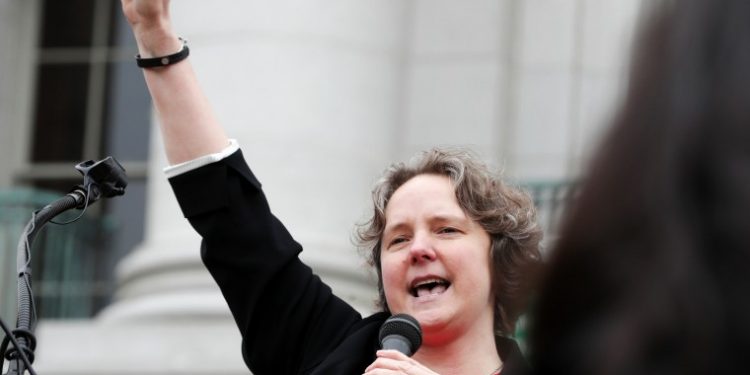As cities across the United States grapple with high poverty rates and growing income inequality, innovative solutions are being implemented to provide financial relief to low-income residents. One such approach gaining traction is the implementation of free cash programs, which are essentially designed to provide unrestricted cash support to individuals and families in need.
The concept of free cash programs is relatively straightforward: eligible participants receive monthly payments with no strings attached, allowing them to use the funds in whatever way they see fit. This approach stands in contrast to traditional welfare programs, which often come with numerous restrictions and requirements. Proponents of free cash programs argue that by providing individuals with greater autonomy over how they use the funds, these programs can more effectively address the complex and varied needs of those experiencing poverty.
One of the most well-known examples of a free cash program is the Stockton Economic Empowerment Demonstration (SEED) in Stockton, California. Launched in 2019, SEED provides 125 randomly selected residents with $500 per month for 18 months. The initiative aims to evaluate the impact of guaranteed income on participants’ financial stability, well-being, and economic prospects. Early findings suggest that participants have used the funds to cover basic needs, reduce debt, and even start small businesses.
As the success of programs like SEED garners attention, more cities are beginning to explore the feasibility of implementing their own free cash initiatives. From Oakland to St. Paul, local governments are considering pilot programs that could provide cash assistance to residents in need. In addition to helping individuals make ends meet, proponents of these programs argue that they can help address structural inequities and promote economic mobility.
Critics of free cash programs raise concerns about sustainability, cost, and potential unintended consequences. They argue that providing cash assistance without requirements or restrictions may disincentivize work or lead to misuse of funds. However, proponents counter that the evidence from pilot programs suggests that the vast majority of participants use the funds responsibly and that the benefits of reducing poverty and inequality outweigh potential drawbacks.
Ultimately, the expansion of free cash programs represents a promising development in efforts to address poverty and economic insecurity in America. By providing individuals with direct financial support and agency over their finances, these programs have the potential to make a meaningful impact on the lives of those most in need. As more cities explore and implement these initiatives, the conversation around how best to support low-income individuals and families is likely to evolve, with free cash programs playing an increasingly prominent role in the anti-poverty safety net.

















